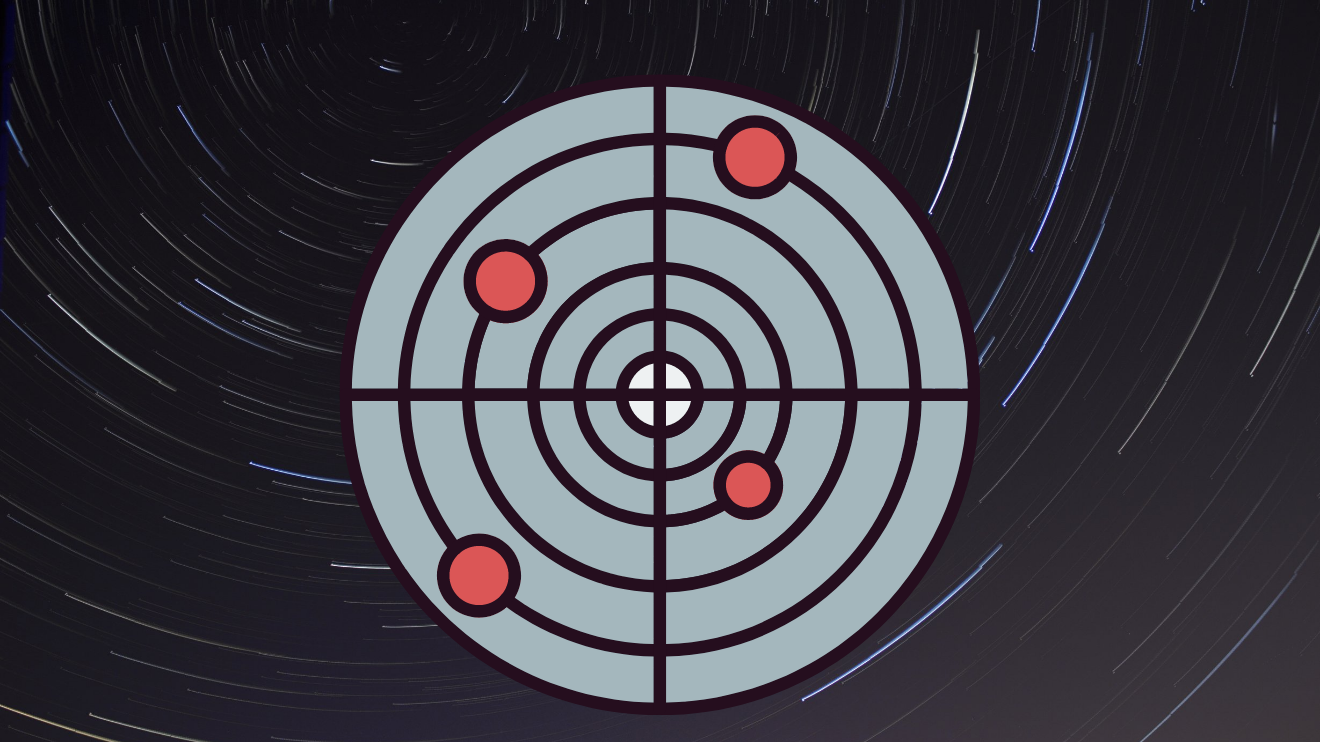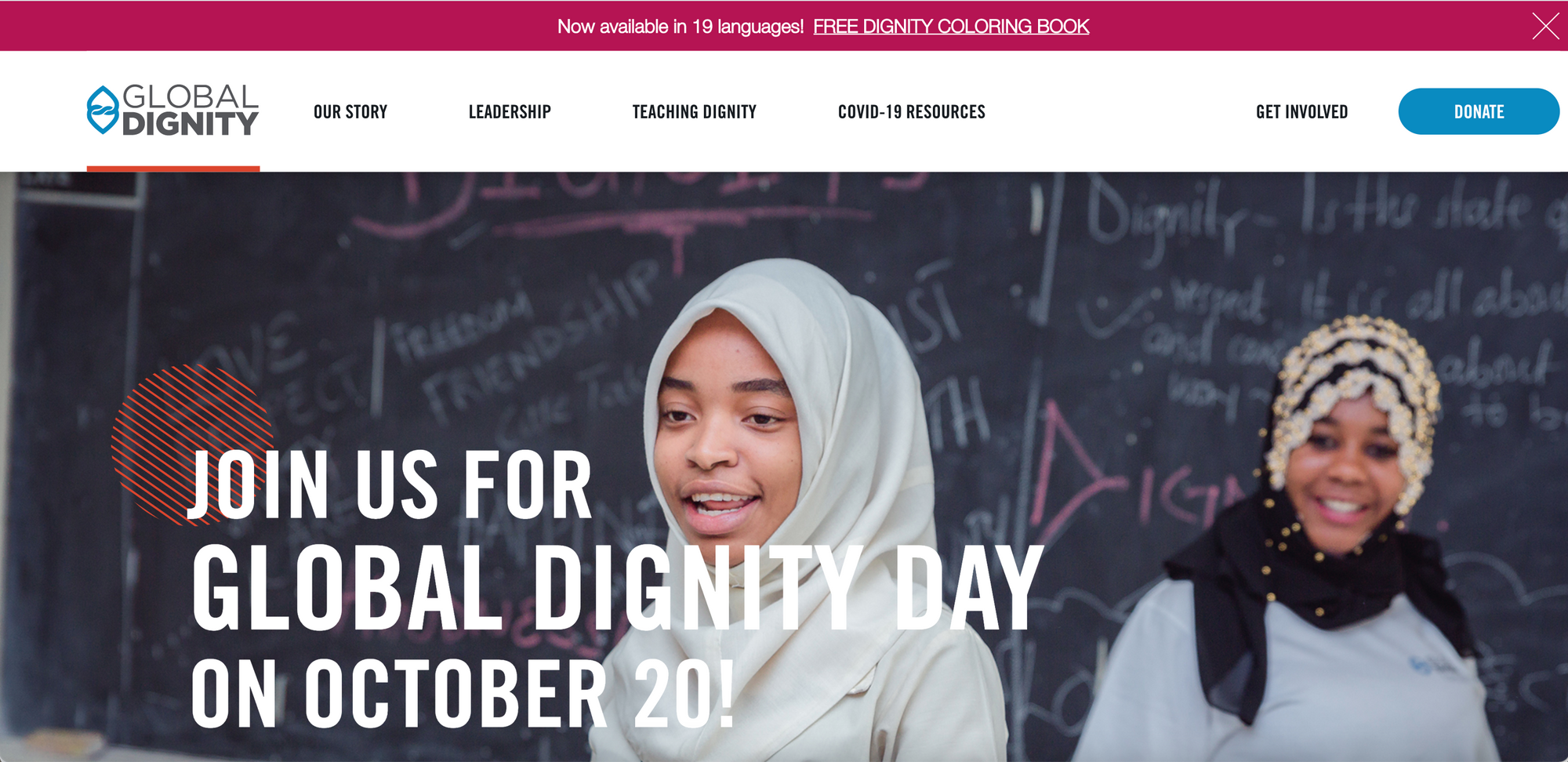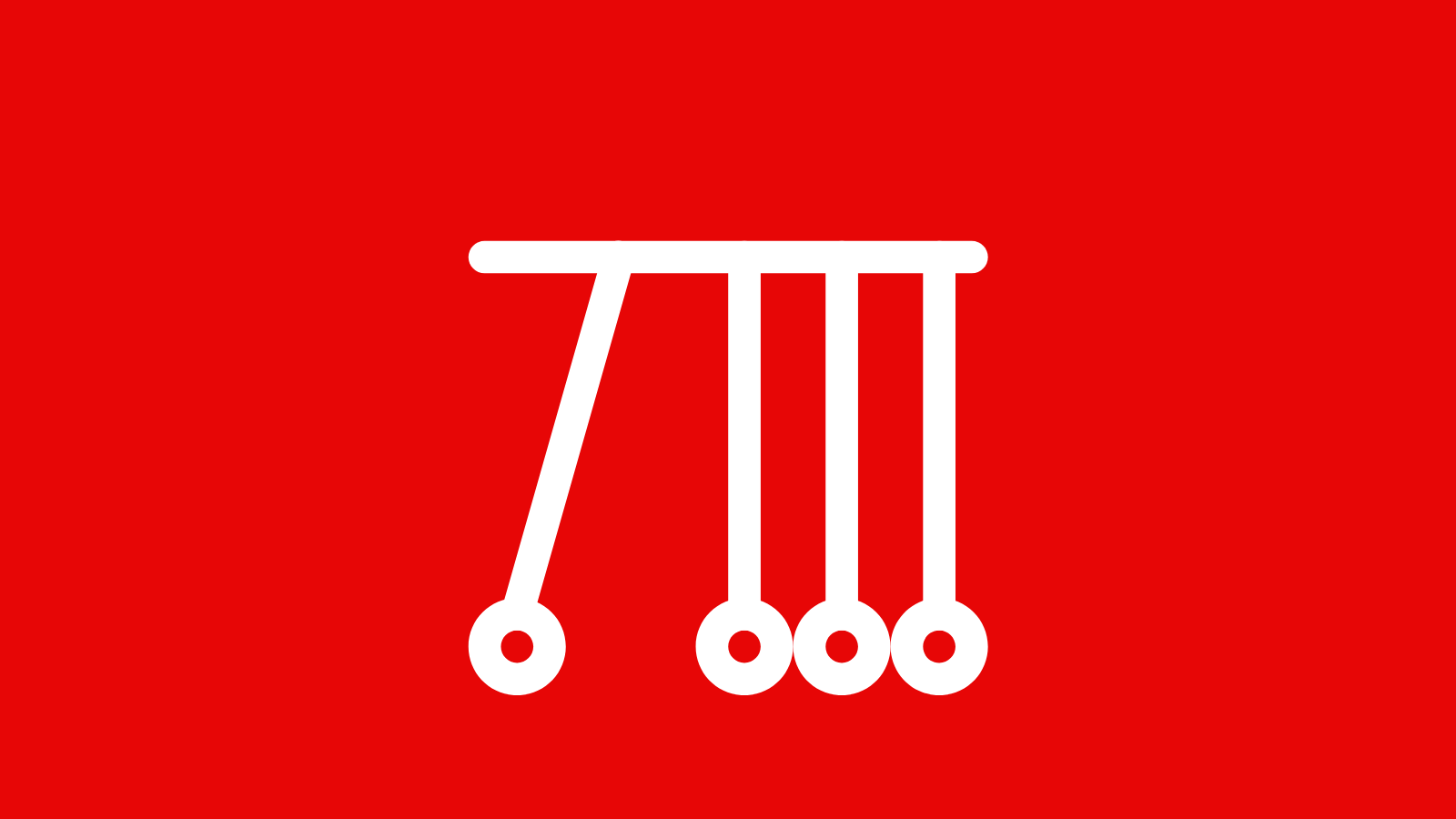
What Sanity readers are dreaming of
Six readers weigh in on the complex present and ideal future of mental health. Keyword: acceptance.
⚠️ Critical announcement: As of October 1, India has implemented new payment regulations. Automatic recurring subscription payments are now blocked unless you complete a one-time re-authentication of your card. This has had a severe impact on the future of my work.
This is what @SanityByTanmoy's subscription dashboard looks like after the new recurring payments rule. I don't know how I am going to recover from this. pic.twitter.com/rqi6wpKMY6
— Tanmoy (@toymango) October 6, 2021
If you are an existing paying supporter, your automatic renewal payments will fail if you don't re-authenticate your card. To do that, please keep an eye on your inbox including the promotions/spam folder, and complete the steps therein. If you face any difficulties, please drop a line to <tanmoy@sanitybytanmoy.com> with a screenshot of any error message.
I understand what a hassle this is and apologise for it. My estimate is, even in the best case scenario, I will end up losing precious supporters who may not see this mail or get around to completing the necessary steps. The only way I can offset this blow is by signing up as many new paying supporters as possible. If you find my work valuable, your support has never been more important for me.
Here are two ways you can help me:
- Sign up now as a paying supporter.
- If you represent an organisation and want to buy group subscriptions, drop me a line at tanmoy@sanitybytanmoy.com.
And of course, spread the word. Share you favourite Sanity stories with friends and family. Help me keep Sanity alive. Thank you 🙏🏾.
Yes, I will become a paying supporter now
Now, on to today's piece.
Your favourite brand, celebrity, and Instagram influencer is probably sending you daily reminders that October 10 is World Mental Health Day. But did you know that October 20 is Global Dignity Day, with ambassadors including Archbishop Desmond Tutu and Nobel laureate Amartya Sen?
I didn't, until some idle Googling led me to its website earlier today. The first thought that popped into my head was, if the World Mental Health Day had done the job it was meant to, we wouldn't need a separate day to champion dignity.

It also reminded me why I have anchored this platform in the idea of sanity and not 'mental health'. In an abject waste of its growing clout, the mainstream mental health conversation continues to whitewash the truth that there is no mental health without dignity.
The fake news that health, mental or physical, is an individual's problem still enjoys the sanctity of law. Not only is society's role in making people ill underplayed, talking about it too much is ridiculed as playing the victim card and inimical to growth and progress. "If Viktor Frankl could survive the Holocaust and write such a great book, why can't you get over your little sadness and make yourself useful? Snowflake."
The only antidote to this is relentlessly centring dignity, because the pursuit of dignity is, by definition, social. You can't buy dignity in a clinic.
Equally, dignity presupposes non-violent communication. Dialogue over rhetoric – if only to decide whether 'the enemy' is really the enemy, or simply someone with a different worldview born out of different lived realities.
All of which brings to me to the subject of today's edition.
What Sanity readers are dreaming of: dignity in illness, dignity in healing
In an earlier edition, I'd asked readers to weigh in on a few polarising questions about mental health activism that prioritises the social over the individual. These questions are provocative, even upsetting, but they enjoy wide circulation including in a section of the mental health community. And I'd found myself (grudgingly) appreciating at least one potential danger they point to.
1. Collective suffering v personal responsibility
Does the emphasis on the social, political, and economic culprits behind our collective suffering mean that all talk of individual responsibility is now taboo?
2. Suffering v healing
Is the mental health pendulum at risk of swinging too far – from complete denial of suffering and the role of social forces in it, to complete disdain for the very possibility of personal healing unless every oppressive social structure is dismantled?
If you haven't already read my earlier piece, I recommend you do so first and then come back.

Tl;DR: The trigger for these questions was a much shared Twitter thread. Seerut K Chawla, the therapist who wrote the thread, claimed that the growing call for accountability from external forces beyond our control is just as destructive as holding the individual exclusively responsible. And that the 'social over individual' school is so intolerant that you cannot speak about 'resilience' and 'fortitude' – words that I do not particularly like – without being cancelled.
"Anyone who advocates for personal responsibility is inevitably demonised," Chawla wrote. "In fact, people go to great lengths to discredit them. People who have been through horrifically traumatic things & often against all odds *with Herculean effort* heal, become resilient & cultivate fortitude – and are shamed & gaslit with accusations of ‘privilege’ & ‘victim blaming’. Have we lost the fucking plot?"
Though I haven't met too many people who are 'shamed' for talking about their healing, a therapist meets many more people, and as a cautionary note, this criticism has value. Demanding accountability from power structures is critical. But so is reclaiming our agency from these powers, which would love nothing more than have us forever trapped in our powerlessness. In fact the very personal work of therapy would become meaningless if we never prioritised taking back control.
However, Chawla made another, far more problematic, claim. (To be fair, her twitter bio contains the words 'very problematic'.) Everyone talks of being 'traumatised' these days, she argued. Even minor distresses are blown up as 'trauma'.
I'd explained in detail why this is dangerous. The path from lamenting that we are a culture that exaggerates distress to accusing people of malingering and shutting them down can be a short and slippery one. I also don't like this puritanical insistence that everyone should know the clinically valid usage of words like 'trauma' right from the get-go.
Suffice it to say that I was stirred enough to ask my readers – my all-weather sounding boards – what they feel about the complex present and ideal future of mental health. Their responses both encouraged and surprised me. Read on. I bet they will do the same for you.



